#semiconductor
Report: Nobody Can Build Enough Electric Vehicles
Automakers have been having trouble building much of anything since 2020 began, thanks to a comprehensive breakdown in logistics. But the hype around electric vehicles has made them even trickier to build now that they’re starting to represent a more meaningful portion of the market. Ironically, the industry’s desire to see EVs become more popular seems to be backfiring as nobody seems capable of keeping up with demand.
Ford, GM Pausing Production in Michigan Over Parts Shortage
Ford Motor Co and General Motors will be individually suspending production in Michigan next week due to supply chain constraints. However, it’s difficult not to notice that the chosen facilities are responsible for lower-volume models they could probably afford to idle.
GM is stalling Lansing Grand River Assembly and Stamping, citing a parts shortage it said had nothing to do with the ongoing deficit of semiconductor chips. The company later stated that the Russo-Ukrainian war had not played a factor, abandoning the two most popular excuses for why something isn’t being done in 2022. Meanwhile, Ford has said the chip shortage has everything to do with its temporary closure of Flat Rock Assembly.
McLaren Artura Delayed Again for the Usual Reasons
McLaren has confirmed that it will be delaying the launch of its new hybrid supercar, the Artura, until the summer of 2022. Slated to commence deliveries by the end of 2021, the company has stated that the chip shortage has forced a revised timeline.
The semiconductor shortage has been a popular excuse for automakers the world over and may still be valid. Chip manufacturers have continued prioritizing the production of newer, more advanced components yielding higher margins. However, these units typically do not make their way into automobiles and are more commonly found in smaller electronic devices.
Chip Shortage Demolishes Toyota Vehicle Production, Pandemic Blamed
Despite being one of the only manufacturers not to incur heavy production losses over the global semiconductor shortage, Toyota has announced that its luck has finally run out. The automaker is estimating that it will need to cut assembly by 40 percent this September.
It’s not alone. Both Ford and General Motors have announced they’re also stifling production this week to account for a deficit of chips. Even Volkswagen Group has been cautioning that it might schedule more downtime going into the fall. But that’s basically been the story for all of 2021. Toyota just happens to be the newest inductee.
GM Prioritizing Pickup Production Over Crossovers, Sedans
General Motors will resume full-size pickup assembly next week, leaving its crossovers will have to continue enduring production hang-ups related to the semiconductor shortage. American manufacturers have been absolutely creamed by supply shortages this year and a lack of chips really hurt pickup volumes. We’ve seen a lot of creative solutions, including automakers putting unfinished vehicles on the lot in hopes that they can install the missing hardware later.
But GM’s latest solution involves prioritizing Michigan’s Flint Assembly, Indiana’s Fort Wayne Assembly, Silao Assembly in Mexico — all of which were previously idled or operating on reduced schedules. Unfortunately, that means giving other North American facilities more downtime and, sadly, plenty of it.
Subaru Getting Super Screwed By Semiconductor Shortage
The global semiconductor shortage has been particularly hard on Western automakers, though it’s not been peaches and cream for Asian brands. Following news that Nissan had run into issues resulting in additional downtime this summer, we’ve learned that Subaru is currently operating with a scant, nine-day supply of product and will be required to conduct more plant closures due to a lack of chips.
Having already stalled its Yajima plant on multiple occasions, as well enacting work stoppages at Subaru of Indiana Automotive (its U.S. facility), this is hardly where the brand wanted to find itself going into the warmer months. On Friday, Subaru announced it would be idling two plants in Japan’s Gunma prefecture this July.
Chip Shortage Encourages Nissan to Idle U.S. Facilities Again
Rumor has it that the semiconductor shortage is going to be leaving Nissan facilities operating in North America to contend with a difficult summer. This issue appears to have been largely unavoidable but it’s hardly the position a manufacturer hoping to launch a comeback tour wanted to find itself occupying.
But, before we make this look like some failing on the part of Nissan, let’s take a look down memory lane to see some of the other companies that were negatively impacted by the chip shortage this year.
Chip Shortage: GM to Remove Stop-Start Tech From Trucks
Despite hearing murmurings that the semiconductor shortage is about to turn a corner, General Motors has recently decided to begin manufacturing full-size pickups without the sometimes obnoxious automatic stop-start feature (intended to improve fuel economy) as a way to cut back on chip usage.
While this saves many the trouble of having to manually deactivate the system each time they return to the vehicle, some will undoubtedly miss having it. Those traversing the countryside or racking up highway miles during their daily commute have little to gain from the feature. But testing has revealed that city dwellers constantly exposed to stop-and-go traffic actually have an excellent shot at lowering their fuel bill. The vehicles GM has selected can do without start-stop technologies reflects this, though the compensation it’s offering remains laughable.
Stuck in Reverse? Tesla Abandons Radar, Restricts Features
Tesla is abandoning radar on its more affordable vehicles so it can deploy something that sounds like a vintage color motion picture process where the hues really manage to jump off the screen.
“ Tesla Vision” is the current process the company will use to collect and interpret the information necessary to operate semi-automated systems on the Model 3 and Model Y. But it feels like a step backward, if we’re being honest, and will result in cars that have “temporarily limited” abilities.
Analog Revenge: Chip Shortage Forcing Automakers to Ditch Tech
After months of seeing factories idled, it seems that the global semiconductor shortage has encouraged the automotive sector to rethink some production strategies. Numerous brands have opted to strip vehicles of specific features to help offset the ever-worsening chip problem, occasionally supplanting them with older hardware.
Well, well, well. It looks like the push into electromobility hasn’t gone quite as planned and the industry has come crawling back to analog in some cases. Though it would be premature to break out the campaign and declare the old ways superior for all time. The resurgence of analog hardware is likely to be short-lived, ending the second the semiconductor shortage lets up. As much as your author wants to believe the industry will learn a lesson about not putting all your eggs in one basket, it didn’t seem to in the last century and is unlikely to come around during this one.
Semiconductor Shortage By the Numbers, Looks Bad
The global shortage of semiconductor chips has really done a number on the industry and it’s just one of several major supplier issues created by our response to the pandemic. Years from now, people will look back and use the benefit of hindsight to come up with the perfect solution to a problem that has since evaporated. But all we can manage in the present is an up-to-date tally on how much product is being lost and wait for better news.
AutoForecast Solutions (AFS) has been keeping tabs on the situation and recently updated its numbers through the week of April 30th. Production schedules in North America are now reportedly 121,000 vehicles shy of where they’re supposed to be. Though we need to pull back and take a gander at what the whole industry was facing ahead of the latest figures to have a more complete understanding of this particularly dire automotive quagmire.
Chip Shortage Forcing Daimler to Stall Production
In today’s update on the semiconductor shortage, we learn that Daimler has elected to place over 18,000 Mercedes-Benz employees on reduced schedules. With an insufficient number of chips, the manufacturer cannot produce vehicles with sufficient reliability and has decided to ease off until resupplies are more predictable. Unfortunately, that’s unlikely to happen for at least a few months — forcing Mercedes to roll with the punches much like Subaru, General Motors, and Ford. Though this is a problem that’s impacting the entirety of the automotive industry.
Daimler made its announcement on Wednesday, stating that facilities in Bremen and Rastatt will be the first (and hopefully only) plants affected by the stall.
Chip Shortage: Subaru Shutting Down SIA Through April
Today’s update on the global semiconductor shortage involves Subaru, which recently announced that it would be suspending production at its plant in Indiana. Lafayette’s Subaru of Indiana Automotive (SIA) will be idled through the end of April while the automaker waits for suppliers to catch up. It’s a situation we’ve seen numerous manufacturers forced into this year, with Ford arguably being the most relevant for the North American market.
Ford Skipping Summer Shutdowns
Ford will be ignoring the typical two-week summer shutdown this year as a way to make up for production downtime caused by the semiconductor shortage. That’s undoubtedly going to complicate some vacation plans. But Blue Oval has already given loads of workers time off and has more downtime planned through April and now that the necessary factory maintenance can be accomplished while assembly lines are idled during supply chain issues, leaving employees to schedule any time off through their local union.
Auto Industry Requests U.S. Government Help With Chip Shortage
The Alliance for Auto Innovation (AAI) is hard at work begging the federal government for help while the world continues coping with the semiconductor chip shortage, though it’s hardly the first time the industry has asked for or received administrative assistance. With pandemic lockdowns throwing global supply chains into a tailspin, U.S President Joe Biden said his administration would be seeking $37 billion and new legislation to address the chip shortage while federal agencies were directed to see what could be done in the interim.
But there’s little to be done with the brunt of the relevant manufacturing taking place in Asia, hence the AAI lobby requesting U.S. Commerce Department set aside some cash for domestic chip production in a new bill.




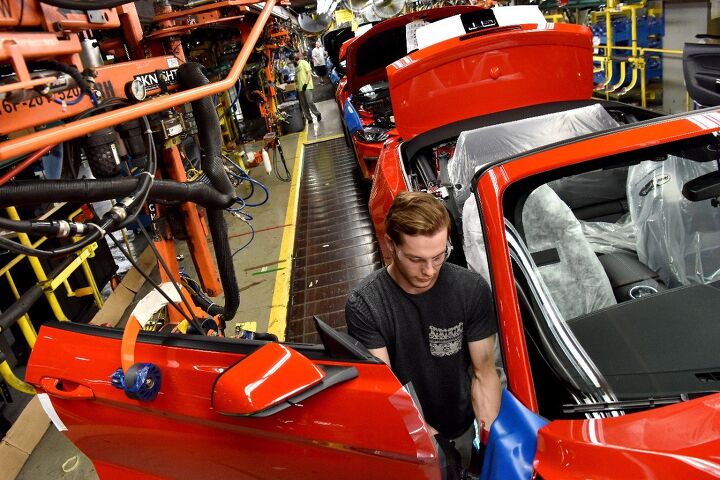
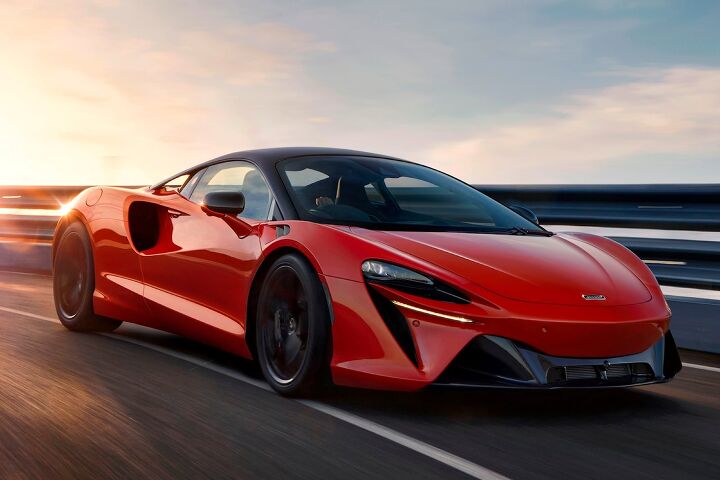

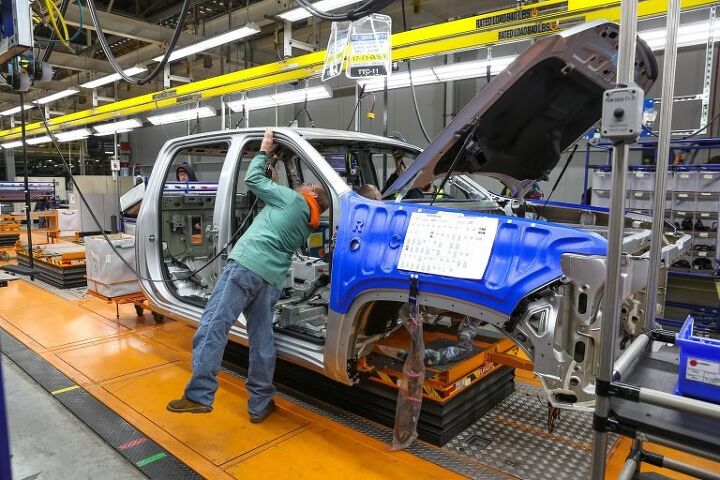
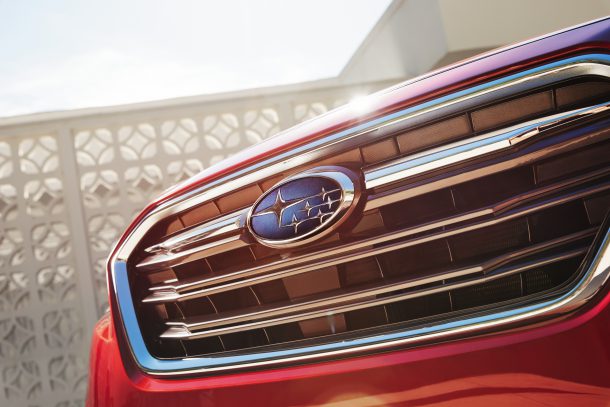
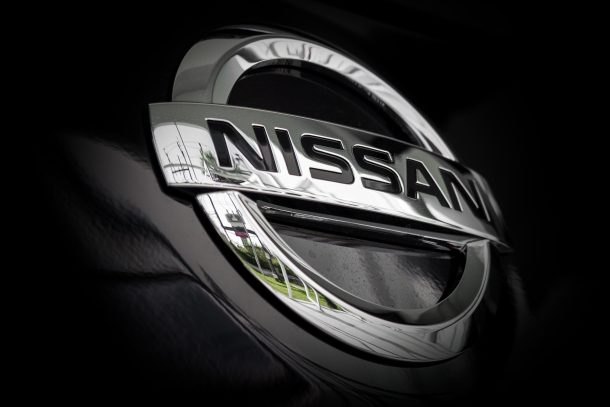


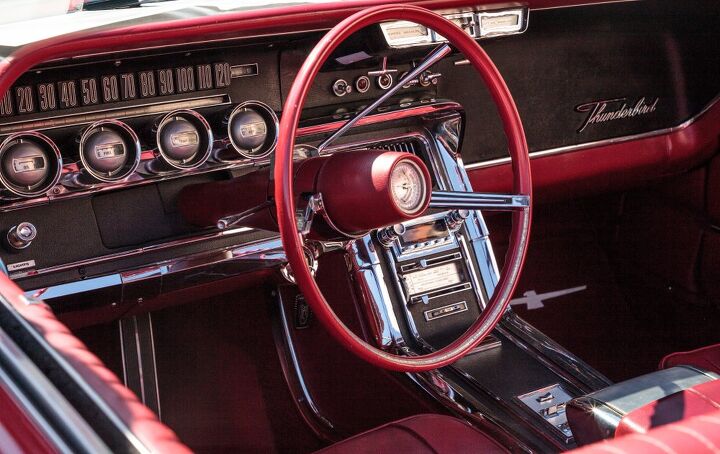
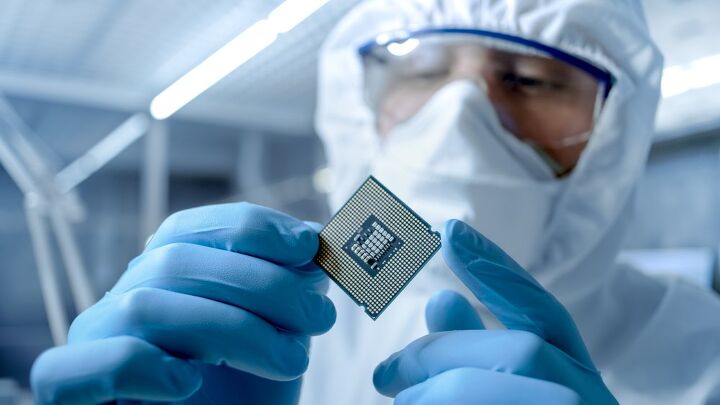

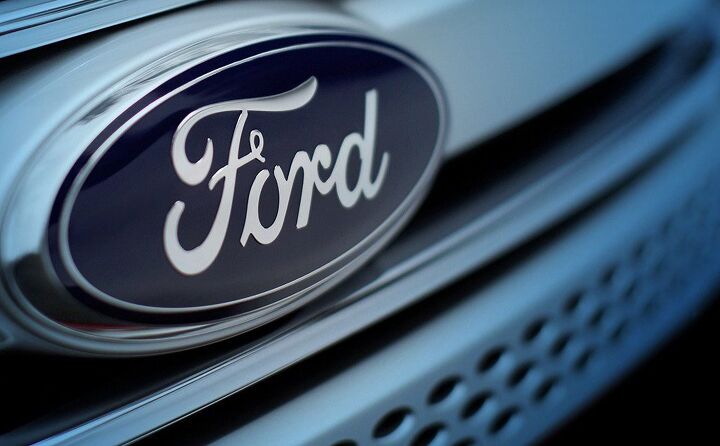













Recent Comments